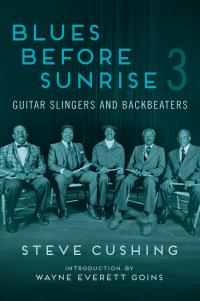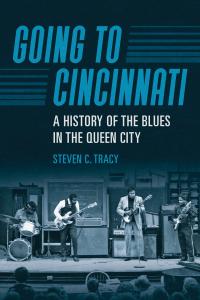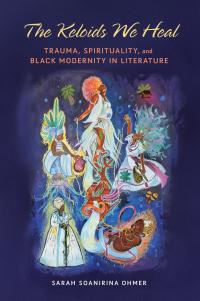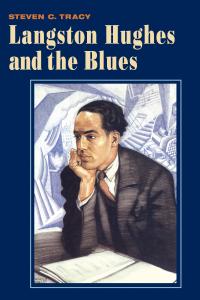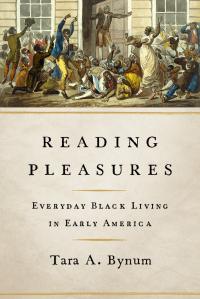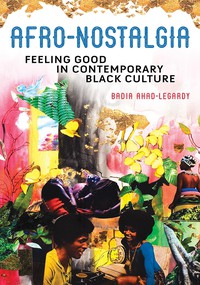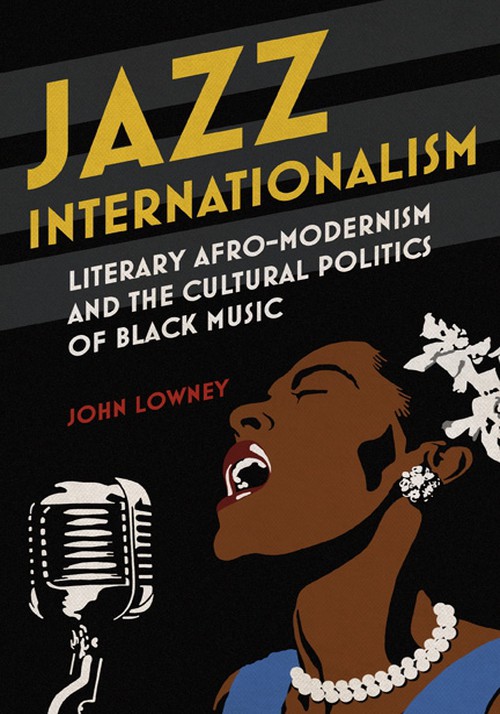
Jazz Internationalism
Cloth: 10/30/2017
About the Book
Jazz emerged during the political and social upheaval of world war, communist revolution, Red Scares, and the Black Migration. The tumult bred disagreements about the cultural significance of jazz that concerned both its African American roots and its international appeal. The questions about what was new or even radical about the music initiated debates that writers recapitulated for decades.Jazz Internationalism offers a bold reconsideration of jazz's influence in Afro-modernist literature. Ranging from the New Negro Renaissance through the social movements of the 1960s, John Lowney articulates nothing less than a new history of Afro-modernist jazz writing. Jazz added immeasurably to the vocabulary for discussing radical internationalism and black modernism in leftist African American literature. Lowney examines how Claude McKay, Ann Petry, Langston Hughes, and many other writers employed jazz as both a critical social discourse and mode of artistic expression to explore the possibilities—and challenges—of black internationalism. The result is an expansive understanding of jazz writing sure to spur new debates.
About the Author
John Lowney is a professor of English at St. John's University. He is the author of The American Avant-Garde Tradition: William Carlos Williams, Postmodern Poetry, and the Politics of Cultural Memory and History, Memory, and the Literary Left: Modern American Poetry, 1935-1968.Reviews
"Recommended."--Choice"Lowney is at his best when he turns his attention to the specific forms of jazz and its literatures. He is a careful close reader with an expert eye for minute technical correspondence between literary and musical forms." --African American Review
"Jazz Internationalism is thought provoking. . . certain to stimulate the intellectual interests of a wide array of scholars of black radicalism, Afro-modernism, and jazz." --The Journal of African American History
Blurbs
"Indispensable to African American literary and cultural studies, jazz studies, and internationalist leftist studies. Its discussion of how jazz is called forth as a form of utopianism as well as social and political criticism in radical African American writing marks an important step in the contemporary critical reconsideration of how conventionally discrete areas of history and culture may be seen in intersectional terms."--Gary Edward Holcomb, author of Claude McKay, Code Name Sasha: Queer Black Marxism and the Harlem Renaissance


